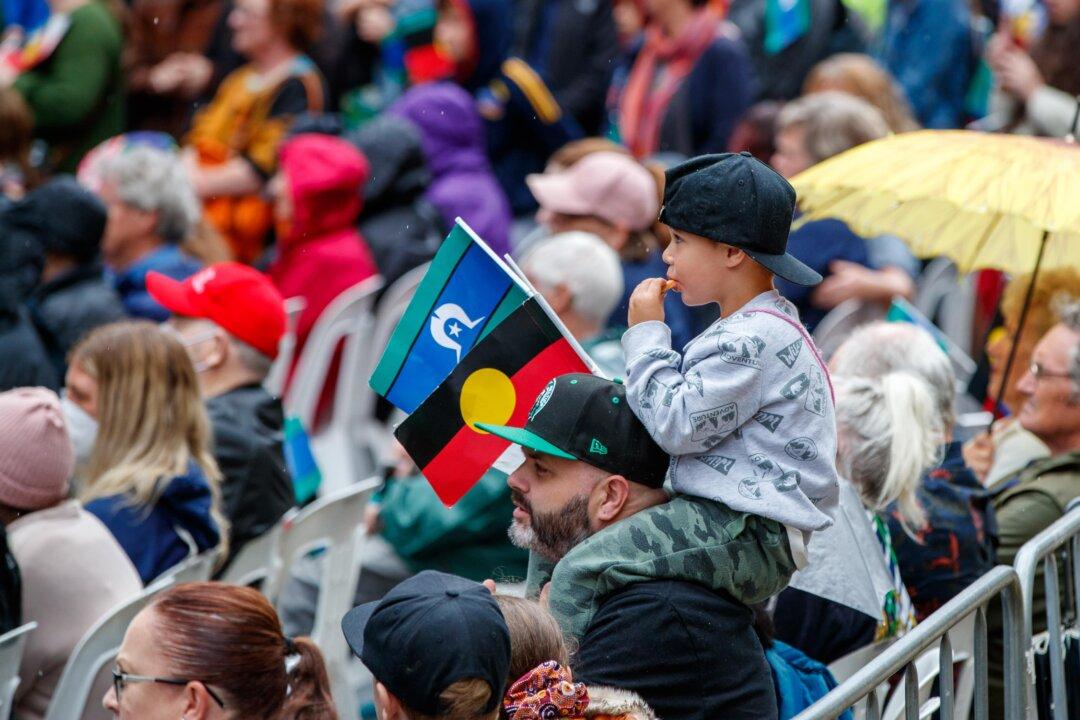Advocates behind the Voice to Parliament being taken up as an amendment to the Australian Constitution support reparations to Indigenous Australians via a fixed percentage from GDP, land tax, or royalties, a document suggests.
What the federal National Indigenous Australians Agency (NIAA) describes as a background document to the Uluru Statement from the Heart (pdf) was published in March following a Freedom of Information (FOI) request. The document suggests that the architects of the Voice to Parliament strongly support pursuing reparations for past crimes, as well as outlining compensation for any present and future criminal acts.





